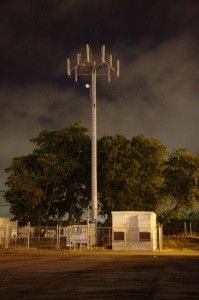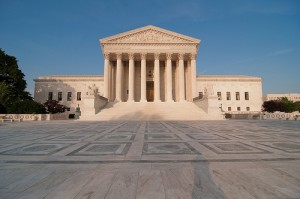Monday Morning Review: Local Governments in the Federal Appellate Courts
Here are published decisions involving local governments from the federal appellate courts from December 23, 2013, through December 27, 2013: Seventh Circuit Swetlik v. Crawford, No. 12-2675 (Dec. 23, 2013) (affirming grant of summary judgment against police detective who sued City and officers alleging that they violated his First-Amendment rights by voting to file a termination charge against him). DeKalb County v. Federal Housing Finance Authority, No. 1301558 (Dec. 23, 2013) (holding that Fannie Mae is exempt by statute from real-estate transfer taxes levied...








